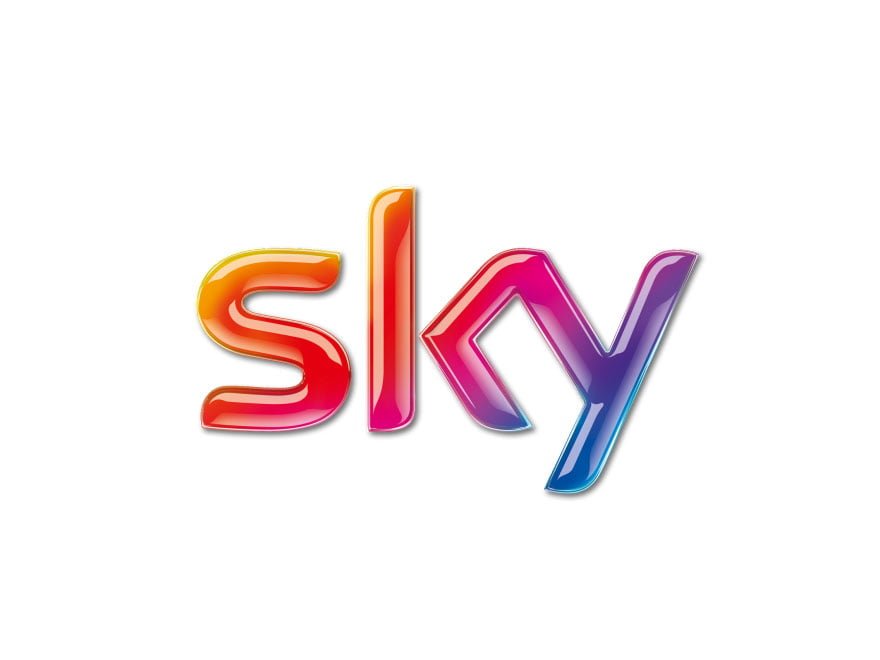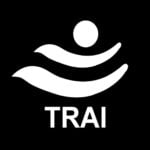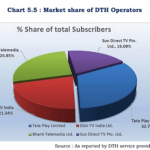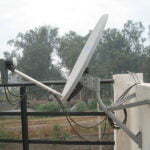Sky UK in response to Telecom Regulatory Authority of India (TRAI) consultation paper on “Interoperability of Set Top Box” said that it didn’t recommend the interoperability of STBs and that it would hamper innovation.
It said that providing for interoperability will add cost to STBs and retailed devices will become more expensive for all customers which could hold back innovation if the increased investment discourages consumers from upgrading to receive new services. The operators that supply their own devices may lose the option of providing cost reduced STBs to suit specific business plans.
It said that to achieve interoperability many features such as interactive functionality, return path, security, networking to other devices would be needed which add a significant amount of cost which all customers would have to pay.
Commenting on non-interoperability of STBs providing a hindrance to perfect competition in the distribution of broadcasting services, Sky UK said “The channels for distribution of content are diversifying rapidly beyond pure broadcasting. Forcing cable and DTH platforms to use the same STB platform will add cost and commercial uncertainty to the broadcasting of content and will damage its competitiveness and scope for innovation versus on-line content distribution (OTT) and cloud services such as storage and catch-up.”
While Sky didn’t recommend an interoperable solution for STBs, it said that in case the regulator still decides to introduce it, then it must be very carefully prepared and based on tried and trusted technology.
On hardware vs software solutions for security, Sky noted that effective security for pay-TV content always requires some balance of hardware and software elements. Hardware technologies must be utilised for CAS processing, key ladder processing and content decryption. Software solutions are not suitable for one-way systems.
It is against setting up a Trust Authority as it is a complex and costly process. It provided certain precautions that should be taken at the planning stage to smoothly adopt the solution for interoperability of STBs in the Indian market.
- development and selection of security technology developed and approved/determined in a truly open standards environment
- development of any ancillary specifications that the required level of interoperability depends on on
- development of compliance and robustness (C&R) rules applicable to the Indian environment
- establishment of strict warranties and liabilities for security breaches
- proper expert professional review, including the C&R
- proof of concept testing involving at least two security vendors
- full cross-industry scrutiny and acceptance
It said that it was doubtful that interoperable solutions could be introduced and remarked that it would only damage competition between platforms and hamper innovation. It said that interoperability between platforms and service providers can already be achieved through various means such as DVB, MPEG-CENC, DVB CI-Plus which however cannot be applied to legacy devices without the specific hardware components required to deploy them.
The response was submitted by Martyn Lee, Chairman of DVB Commerical Module – DVB Project at Sky UK. Sky UK noted that it had no direct interest in the pay-TV market in India and hoped its response would be considered to be from a commercially neutral position.








